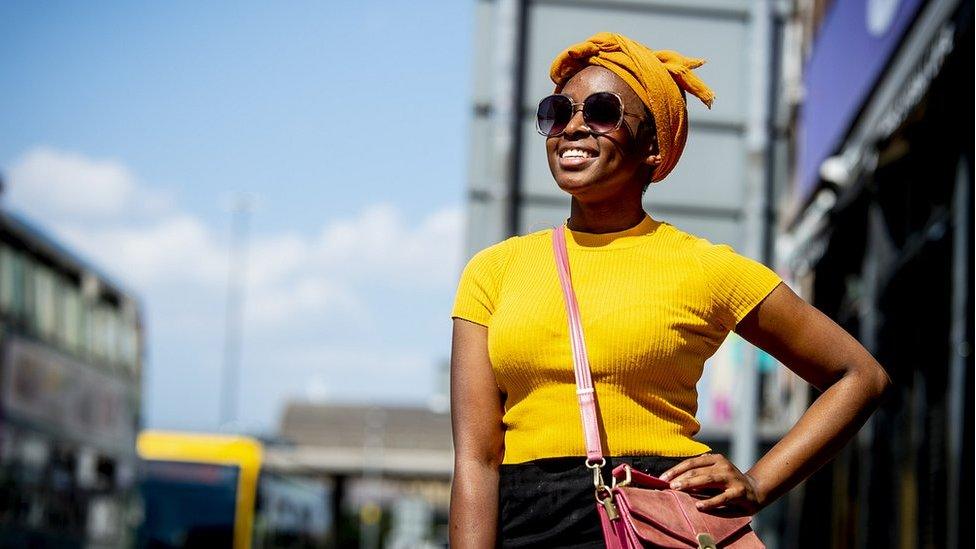Coronavirus: Leicester 'could be locked down' says home secretary
- Published
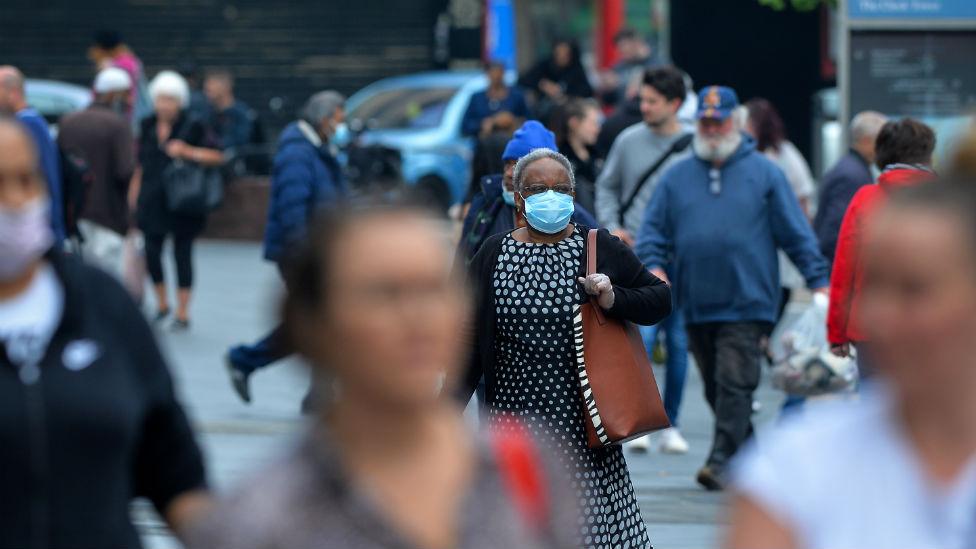
Leicester's rise in cases has drawn attention in the highest circles of government
The city of Leicester may be facing a localised lockdown after a rise in coronavirus cases, Home Secretary Priti Patel has confirmed.
Speaking on the BBC's Andrew Marr Show, she said it was "correct" that the government was considering the move, reported in the Sunday Times.
Figures on June 16 showed about 25% of the city's 2,494 cases so far were reported in the previous two weeks.
Mayor Sir Peter Soulsby said there was "no immediate prospect" of a lockdown.
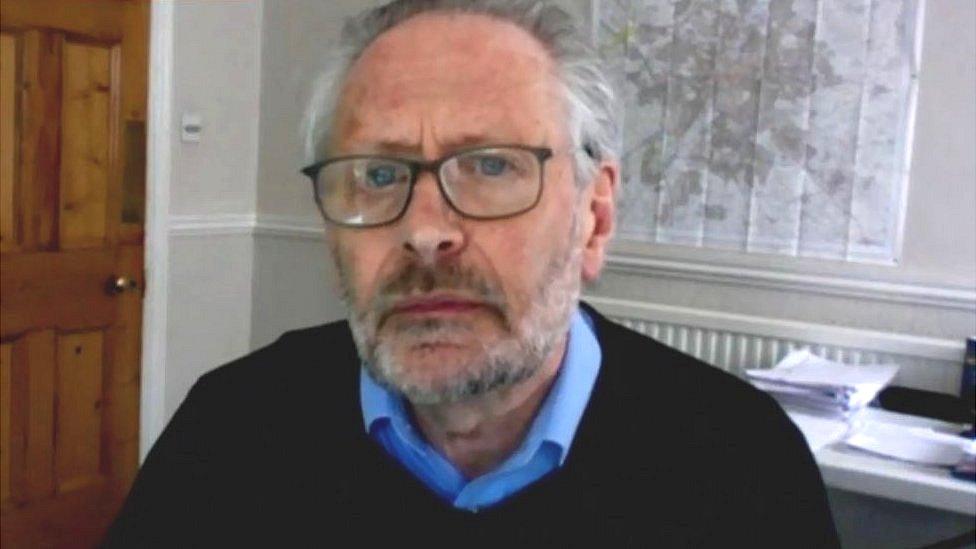
Leicester mayor Sir Peter Soulsby said more analysis of data was needed
Speaking on BBC Breakfast before Ms Patel was interviewed, he said data from testing was still being analysed and "hopefully early next week we will know whether we have a problem and if we have, where it is".
Asked about restrictions, he said: "I don't think that is an immediate prospect."
Sir Peter said he had been in constant contact with the chief medical officer, and said it would have been "far better" if the level of testing in the city had been greater.
He said: "It's only really if we know whether there is an issue, and where it might be, we can decide what, if anything, we need to do."
Ms Patel said she had spoken to Health Secretary Matt Hancock about a possible local lockdown, and said "extra support" would be going into the area.
"With local flare-ups, it is right we have a local solution," she said.
Home Secretary Priti Patel: "It is right we have a local solution"
Leicester South MP and shadow health secretary Jonathan Ashworth told the BBC's The World This Weekend he felt there was "no suggestion" a lockdown was about to happen.
"I received a briefing from the health secretary yesterday and yes, we have a spike in infections in Leicester and yes, we have to respond to that with extra testing capacity and extra support for the local authority," he said.
"But nobody is proposing a local lockdown in the way in which it appears to have been presented in some of the media today and me and Matt Hancock were at one with that."
'Perfect storm'
Leicester City Council's public health director said on 16 June the new cases - 658 - were "relatively small" but of concern.
Local health experts confirmed they were involved in planning the next steps in tackling the virus, with attention focussed on the North Evington area.
The Department of Health said four mobile testing sites and thousands of home testing kits had already been sent to Leicester.
Public Health England said it was "concerned" by the increase in cases in the city and urged residents to follow advice on hygiene, social distancing and testing.
It also said any tightening of restrictions locally, while such measures were eased elsewhere, would be "difficult" for the city.
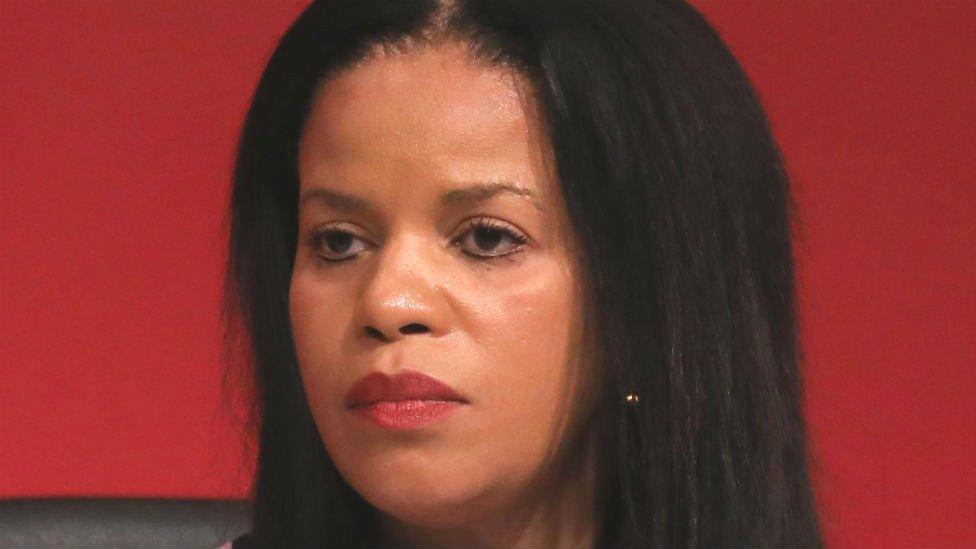
Leicester East MP Claudia Webbe has called for a lockdown
Leicester East MP Claudia Webbe has called for a lockdown due to a "perfect storm" of poverty, positive tests and higher ethnic diversity.
She said: "I don't know why they're not enforcing a lockdown - the evidence suggests there should be one."

Analysis
Tony Roe, BBC East Midlands political correspondent
Just over a week ago, Health Secretary Matt Hancock revealed what he called an "outbreak" of Covid-19 In Leicester. In the first fortnight of June, 658 people had tested positive. With 2,500 cases in the city since March it's certainly a worrying statistical spike.
North Evington was identified as an area of the city with a surge in cases - it's a community of tightly-packed terraces, mixed in with old industrial buildings and places of worship for many faiths. It's a good representation of Leicester as a multicultural city.
A mobile centre has been set up this week in Spinney Hill Park so people can now walk to get a test. But the council says it needs the data from positive tests quickly if it is to react.
It says it didn't get the data from the first fortnight of June until Thursday, so only this weekend has been able to plot where the Covid-19 cases are.
The data also doesn't give an ethnicity breakdown, which mayor Sir Peter Soulsby says would be vital in helping understand which parts of the community are being affected by the virus - he's asked the health secretary for this data.

Leicester has seen a number of Covid-19 cases in recent days.
Several schools have been affected. Herrick Primary in Rushey Mead; Moat Community College in Highfields; Whitehall Primary in Rowlatts Hill; and Humberstone Junior and Humberstone Infant academies have all closed for a number of days.
Business has been hit too, with three people testing positive at Sainsbury's supermarket in Melton Road, food manufacturer Samworth Brothers confirming a "handful" of cases at its Beaumont Leys sites and an unconfirmed number at the Pladis factory in South Wigston.

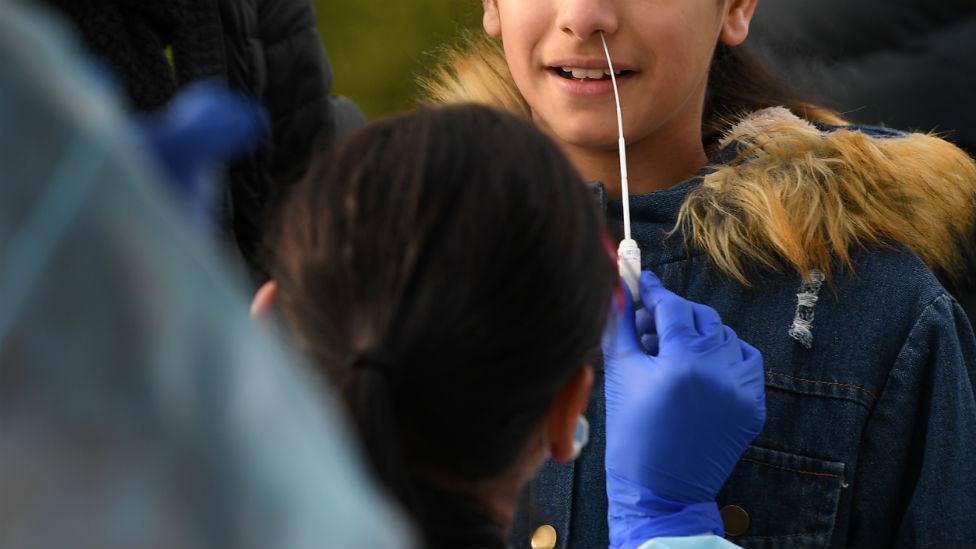
What might a local lockdown look like?
By BBC Reality Check
A spike in coronavirus cases has led to fears Leicester could face a local lockdown.
However, it is not sure exactly what that would look like.
Currently, councils do not feel like they have the powers to effectively shut off a city in the way you might expect.
Rather, places where an outbreak has occurred - such as meat-processing plants - could temporarily shut and workers asked to be tested and self-isolate.
Increased testing in an area would also likely play a part.
This morning, the Mayor of Leicester Pete Soulsby said they were looking at neighbourhood-level data to assess what "extra support" might be needed in those areas.


Follow BBC East Midlands on Facebook, external, Twitter, external, or Instagram, external. Send your story ideas to eastmidsnews@bbc.co.uk.

Do you live in Leicester? What do you think about a local lockdown? Share your experiences by emailing haveyoursay@bbc.co.uk, external.
Please include a contact number if you are willing to speak to a BBC journalist.
WhatsApp: +44 7756 165803
Tweet: @BBC_HaveYourSay, external
Send pictures/video to yourpics@bbc.co.uk, external
Please read our terms & conditions and privacy policy
- Published19 June 2020
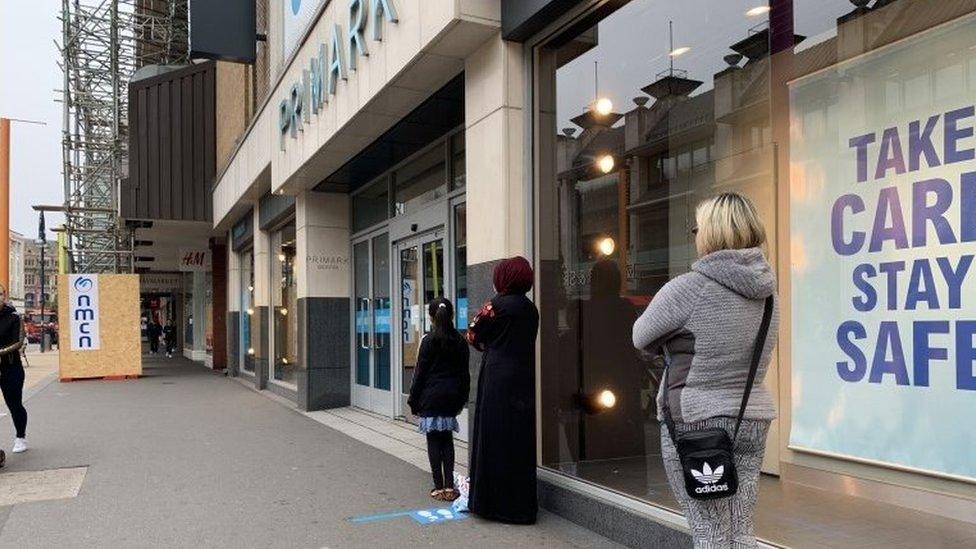
- Published27 June 2020

- Published27 June 2020
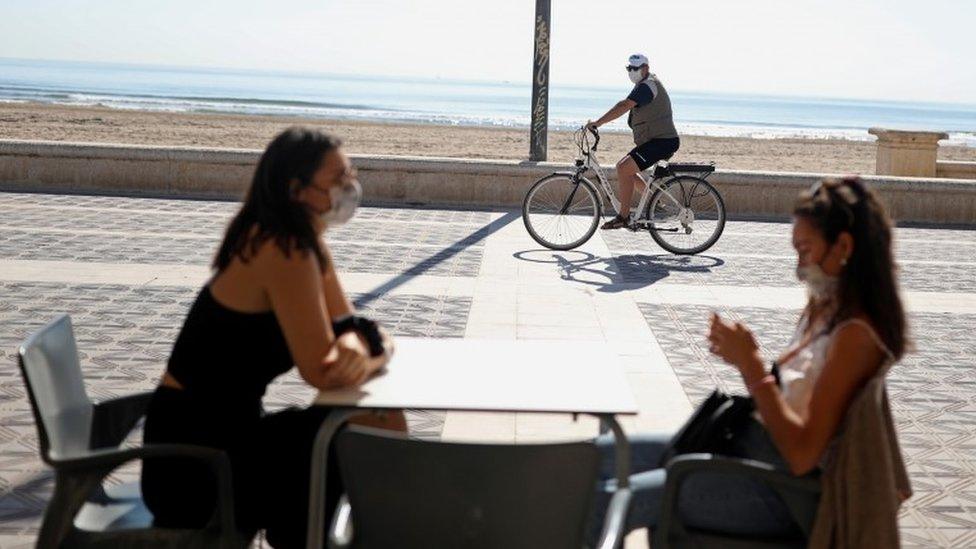
- Published18 June 2020

- Published21 June 2020
